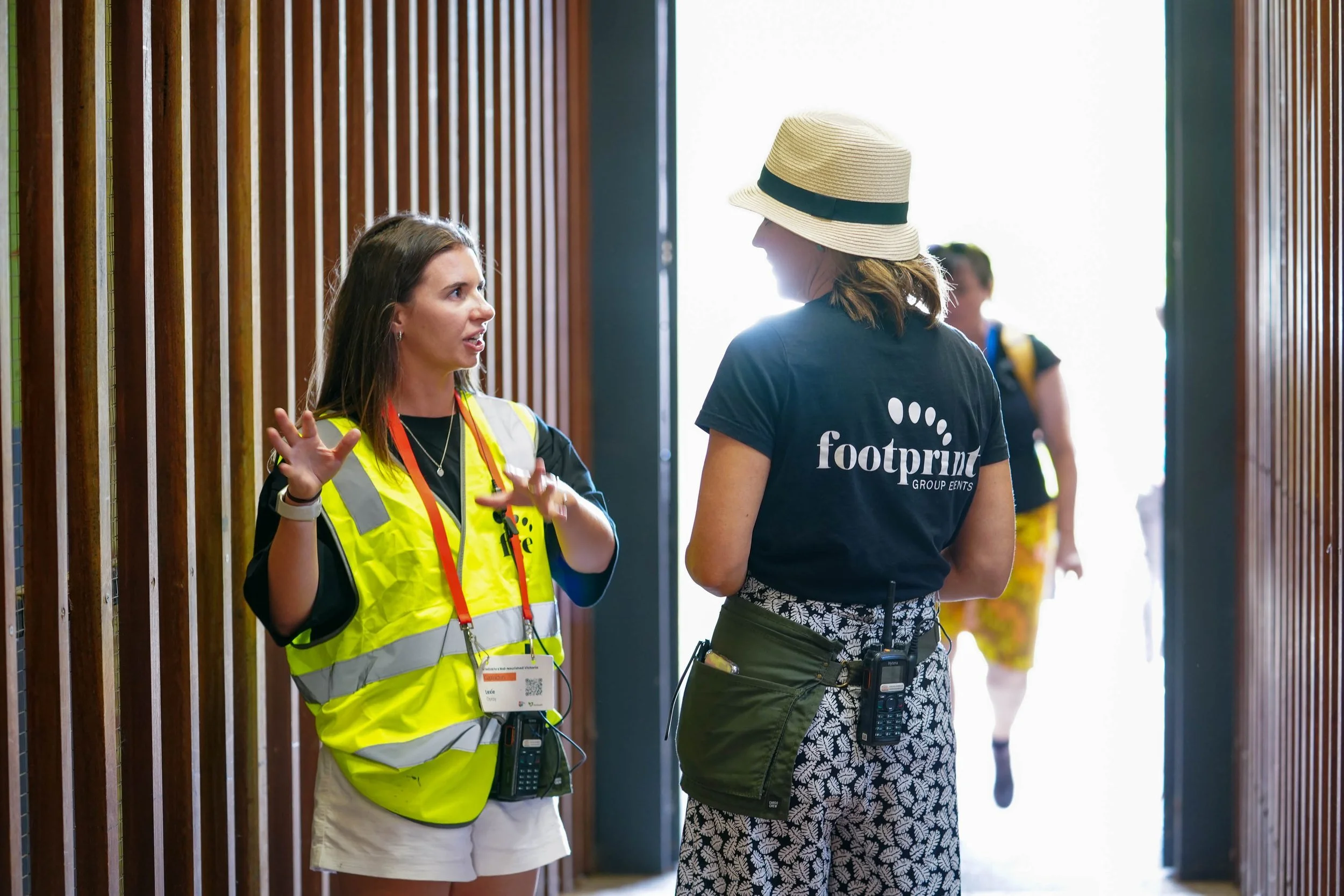What is the difference between a Producer and Event Manager…
For anyone outside of the Industry, titles can be confusing as a way to understand levels of responsibility when deciding what level of organisation your event will require. There is a major difference in skillset between an Event Producer, and Event Manager.
While there can be some overlap in their responsibilities, they generally focus on different aspects of the event process. Here's a breakdown of the key differences in skills between an Event Producer and an Event Manager:
Event Producer:
Creative Vision: Event producers are responsible for conceptualising and designing the overall event experience. They develop the creative theme, concept, and vision that will guide the event's planning and execution.
Content Creation: Producers are often involved in creating or overseeing the creation of content for the event, such as presentations, videos, performances, and other artistic elements that align with the event's theme.
Innovation: Producers need to stay updated with the latest event trends and technologies. They're often tasked with incorporating innovative and unique elements to make the event stand out.
Collaboration: Collaboration with creative teams, designers, artists, and performers is crucial for producers to bring their creative vision to life. They need strong communication skills to convey their ideas effectively.
Risk-Taking: Since producers are responsible for pushing the creative boundaries, they often need to take calculated risks to ensure the event is engaging and memorable.
Big-Picture Thinking: Producers focus on the overall event concept and its impact on attendees. They think strategically about how all the event elements come together to create a cohesive and immersive experience.
Event Manager:
Logistics and Operations: Event managers are responsible for the logistical and operational aspects of the event. They handle the details such as venue selection, vendor management, budgeting, scheduling, and timelines.
Resource Management: Managers coordinate and allocate resources effectively. This includes managing staff, volunteers, equipment, and other necessary resources to ensure a smooth event execution.
Problem-Solving: Event managers need excellent problem-solving skills to handle unexpected challenges that arise during event planning and execution. They must be quick on their feet and find solutions to keep the event on track.
Communication: Strong communication skills are essential for event managers to liaise with clients, vendors, staff, and other stakeholders. Clear and effective communication ensures everyone is on the same page.
Detail-Oriented: Event managers pay close attention to details to ensure nothing is overlooked. From contracts and permits to seating arrangements and technical setups, they handle the nitty-gritty aspects.
Coordination: Managers excel at coordinating various moving parts of an event. This involves managing schedules, timelines, and ensuring that all elements come together seamlessly.
In summary, an Event Producer focuses on the creative vision and overall concept of the event, and oversees the Management of the Project and all its parts, while an Event Manager handles the practical and logistical aspects of planning and executing the event. Both roles are vital for a successful event, and the specific skills required for each role complement each other to create memorable and well-executed experiences.

